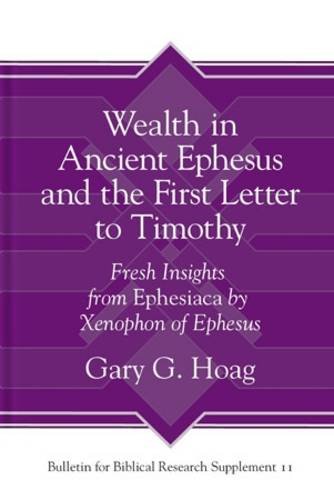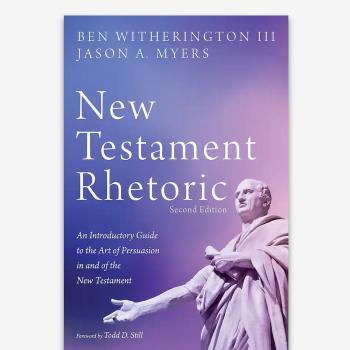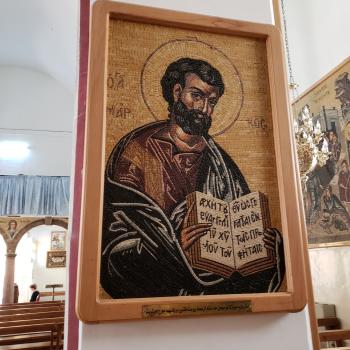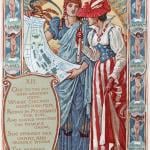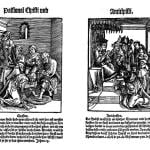Q12.BEN: It seems obvious enough that the Pastorals do call leaders and others to both good service of their fellow Christians, and to not be greedy. You give us various examples from Xenophon and elsewhere about how people sought the priesthood of Artemis for material gain, and I don’t doubt that. For the wealthy that was not always a primary motive, they were more looking for honor and publicity, and performing ‘liturgies’ to increase their honor rating. But there is another side to the Greco-Roman literature, for example what we find in Seneca, Epictetus, and later Stoics like Marcus Aurelius who also speak against greed and being self-serving all the time. My point is, I don’t think it would be seen as totally counter-cultural to attack greed and selfish behavior. There were noble Greeks and Romans who would offer the same critique. But perhaps what you are saying is that this seems to have been an endemic problem with the temple of Artemis in Ephesus, and so this critique would have struck a nerve with some of the more wealthy Christians in Ephesus, who may have assumed it was business as usual, only now with a different religion? I certainly take your point that the one true God is to be seen as the real and ultimate benefactor of all, and the false gods are not, and so in this respect the argument is counter-cultural.
A12.GARY: As we continue this lively dialogue, I agree with your assessment that moral philosophers spoke against self-serving vices like greed. The point I have endeavored to make is that the cultural rules that dictated normatively accepted behavior, that is to say, giving was expected to follow the benefactor model, and that model is abandoned by the author of 1 Timothy in a way that follows the directive that Luke records Jesus gave to the disciples.
With you I concur that “love of honor” marks a leading motivator for the wealthy. Sure! They participated in the benefactor model to get accolades and accompanying perks. What we see in the world of 1 Timothy is the command to abandon it. The benefactor model that was accepted culturally is explicitly prohibited in the Word benefactor model that was accepted culturally is explicitly prohibited in the Word (cf. 1 Tim 6:17). So the command to the rich must be viewed as counter cultural.
Follow the shift: the benefactor model, with all its virtues (celebrated as good by ancient writers) and vices (trumpeted as bad by sources such as those you note) is tossed out altogether! That’s the shift! Why abandon the model? The attitude (high-mindedness) that characterized the rich givers must never be linked to followers of Christ because God does not share glory. No longer are people the ones who provide all things for people to enjoy as the epigraphic evidence claims. The author of 1 Timothy boldly announces God as the source of all of all things.
In exploring the semantic domain of the world of benefaction, like Bruce Winter wisely notes (Seek the Welfare of the City, 26-27), the charge to the rich does read like a benefaction inscription, but sends an entirely different message than promised in inscriptions in the culture. Those inscriptions called them to do acts of beneficence to advance their own honor and get stuff in return. The rich must behave differently to advance God’s honor and to take hold of life as God intends.
There’s yet another distinction between our positions. The moral philosophers saw the world through a polytheistic lens and the teachings in 1 Timothy come from a monotheistic framework. The ancient Greco-Roman mindset had room for many God’s and preserving the honor of the local deity above all others. In this light, moral philosophers differ from the author of 1 Timothy greatly.
Lastly, at least for now, evidence for my final point surfaces in Acts 19. It’s not surprising to me that the locals who serve Artemis cry “foul” against followers of Christ. If the behavior of the followers of Christ was culturally accepted, there would have been no uproar. Their behavior can be demonstrated as obedient to the teachings in 1 Timothy (and the rest of the NT) and the opposite of the voices in the cultural setting from moral philosophers to the poets and historians.


